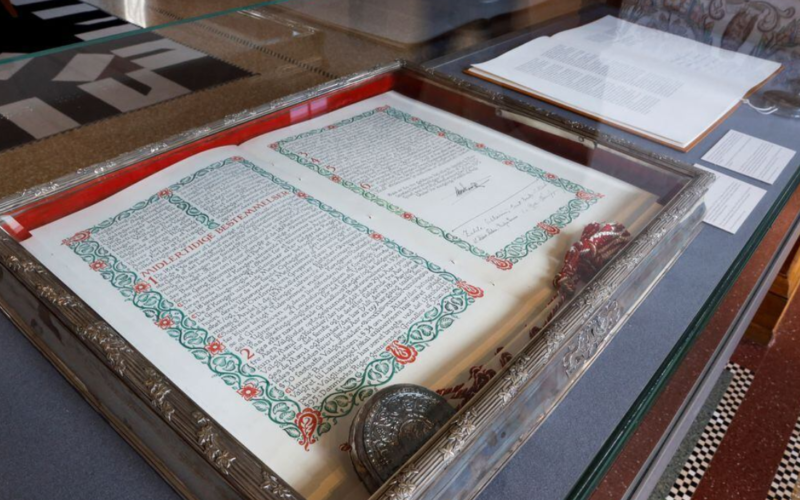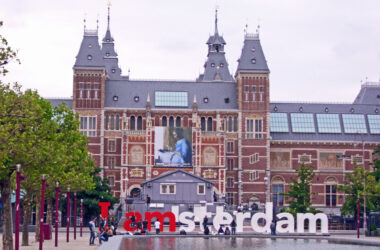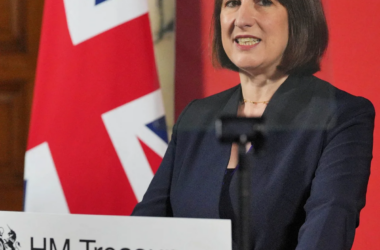Denmark’s parliament is set to engage in a critical debate on a proposed bill that seeks to outlaw Quran burnings, responding to a series of incidents where Islam’s holy book was desecrated, causing outrage in Muslim nations. The heightened tensions, including a protest in Baghdad, have prompted the government to consider legislative measures, citing concerns about national security.
In late July, nearly 1,000 protesters rallied in an attempt to march to the Danish embassy in Baghdad’s heavily fortified Green Zone. The demonstration was in response to a call by influential cleric Moqtada Sadr, reflecting the widespread anger triggered by the desecration of the Quran. Denmark’s government recognized the potential threats posed to national security by such incidents, prompting a legislative response.
The proposed bill under parliamentary review seeks to criminalize acts of Quran burning. Specifically, it aims to make it a criminal offense to “publicly or with the intention of dissemination in a wider circle to treat a text with strong religious significance for a religious community… inappropriately.” The bill focuses on addressing actions that disrespect texts deemed sacred by religious communities and intends to establish legal consequences for such behavior.
The motivations behind introducing this legislation are rooted in preventing actions that could further escalate tensions and threaten national security. Denmark acknowledges the importance of addressing the sensitivities associated with religious texts, particularly those that hold significant reverence for specific communities. By criminalizing inappropriate treatment of such texts, the government aims to foster respect, understanding, and harmony within its diverse population.
The debate over the proposed bill is taking place in the context of global repercussions, with the desecration incidents leading to protests and expressions of concern in Muslim-majority countries. Denmark, cognizant of its international standing and diplomatic relations, is navigating the delicate balance between upholding freedom of expression and respecting religious sentiments. The parliamentary discussions will likely involve considerations of both domestic concerns and international implications.
Denmark, known for its commitment to freedom of expression, faces the challenge of finding a nuanced approach that protects this fundamental right while also addressing the potential harm caused by inflammatory actions. Striking a balance that safeguards religious sentiments without compromising democratic values is a complex task that requires careful deliberation by lawmakers.
The proposed legislation to ban Quran burnings in Denmark reflects the government’s response to rising tensions and the need to address actions that pose threats to national security. The parliamentary debate will be a crucial forum for discussing the intricacies of balancing freedom of expression with the imperative to prevent actions that could incite unrest. As Denmark navigates these discussions, it seeks to uphold democratic values while fostering an environment of respect and understanding among its diverse population.








